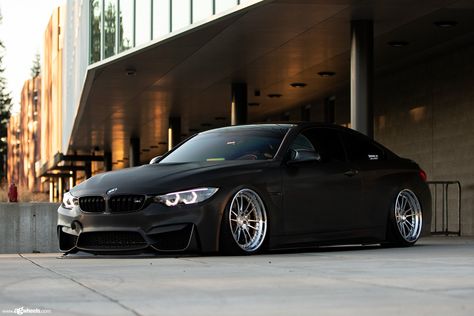When it comes to upgrading your BMW, choosing the right set of wheels can significantly enhance both its appearance and performance. Let’s explore the pros and cons of the most common types of BMW wheels:
1. Steel Wheels
- Pros: Affordable, durable, and resistant to damage.
- Cons: Heavy, less aesthetically appealing, and can affect fuel efficiency.
2. Alloy Wheels
- Pros: Lightweight, stylish, and enhance vehicle appearance.
- Cons: Can be more expensive, susceptible to scratches and dents, and may require more maintenance.
3. M Performance Wheels
- Pros: Designed for high-performance driving, lightweight, and often have aggressive designs.
- Cons: Can be more expensive than standard alloy wheels and may not be suitable for all driving conditions.
4. Custom Wheels
- Pros: Highly customizable to match your personal style and preferences.
- Cons: Can be more expensive and may require longer lead times.
5. Forged Wheels
- Pros: Extremely strong and lightweight, often used in high-performance applications.
- Cons: Can be expensive and may have limited customization options.
6. Flow-Formed Wheels
- Pros: Lightweight, strong, and often have a unique aesthetic.
- Cons: Can be more expensive than cast alloy wheels.
When choosing the right type of BMW wheels, consider your budget, driving style, and desired aesthetic. Each type offers its own unique advantages and disadvantages, so weigh the pros and cons carefully to find the perfect fit for your vehicle.







